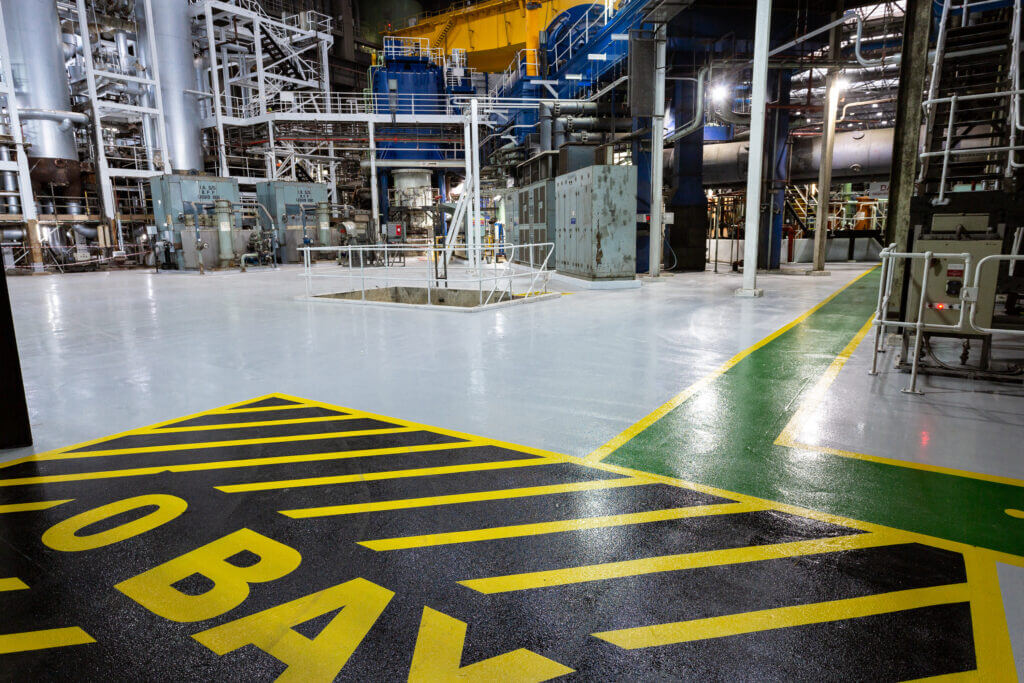Epoxy vs Polyurethane Coatings: Pros and Cons
07
Dec
Posted by Northern Star Flooring No Comments on Epoxy vs Polyurethane Coatings: Pros and Cons News
Epoxy vs Polyurethane Coatings: Pros and Cons

Navigating the world of industrial flooring is no small feat. Your floors bear the weight of heavy machinery, endure relentless wear and tear, and stand up against the constant threat of abrasion. It’s a tough job, and not just any material can handle it.
Epoxy and polyurethane offer formidable strength tailored to the unique demands of various industries. But the burning question remains: which resin is the ultimate champion for your floors?
In this guide, we’re not just throwing around technical jargon; we’re dissecting the battle between epoxy resin and polyurethane (PU) flooring.
Time to unravel the differences so that you can make an informed decision for your industrial terrain.
Why Do Floor Coatings Matter?
Before we delve into the pros and cons of each, let’s highlight why resin floor coatings are more than just an aesthetic choice. Your resin floors are the unsung heroes of the industrial world preventing you from accidents and contamination.
Resin steps up to industrial demands, warding off bacteria and providing a slip-resistance even when faced with the challenges of wet floors, oil and grease.
The million-dollar question is whether to go for epoxy resin or PU?
Epoxy vs Polyurethane
Epoxy is a versatile player in the realm of floor coatings as it can also be used for cement binding and adhesion. On the opposing side, we have polyurethane, a synthetic resin often used as a floor and woodwork coating.
Epoxy Pros:
- Epoxy is often cheaper compared to its PU counterpart
- Known for its durability and compression strength, ideal for heavy-duty areas
- Bonds seamlessly to various surfaces, thriving even in humidity and moisture
Epoxy Cons:
- PU has a greater chemical resistance
- Takes longer to cure, potentially halting operations
Polyurethane Pros:
- Superior resistance to abrasions and impacts
- Offers extra protection against solvents, alkalis, and corrosion
- Cures quickly
- Braves extreme heat or cold better than epoxy, with a softer surface that’s less scratch-prone
Polyurethane Cons:
- The initial cost may be higher
- Sensitivity to humidity, potentially leading to damage if not fully cured
Choosing Your Flooring Champion
As you weigh the pros and cons, consider the battleground-what applications will your floors face? Knowing the battleground will unveil the resin warrior your project deserves.
Whether epoxy or PU, one golden rule reigns supreme: to ensure that the chosen resin is applied with the finesse it deserves.
For a deeper dive into the resin realm and its applications, find out more about our services or contact us for a quote.










Recent Comments